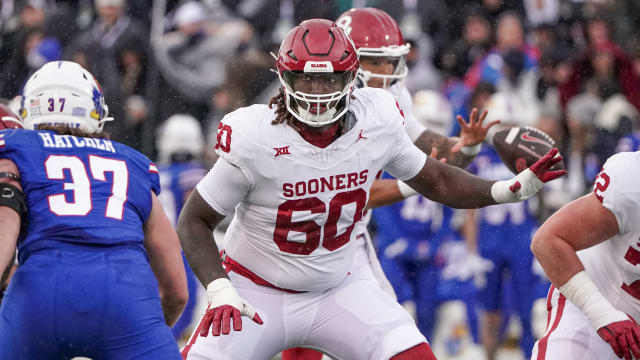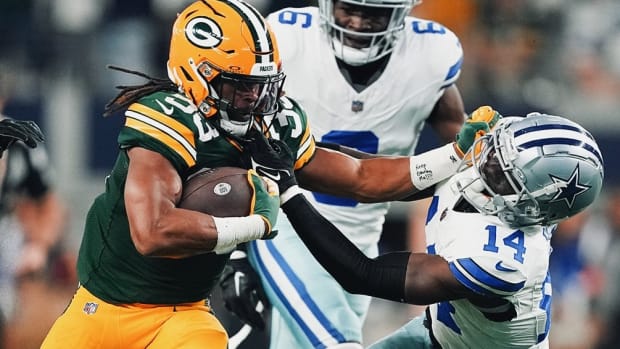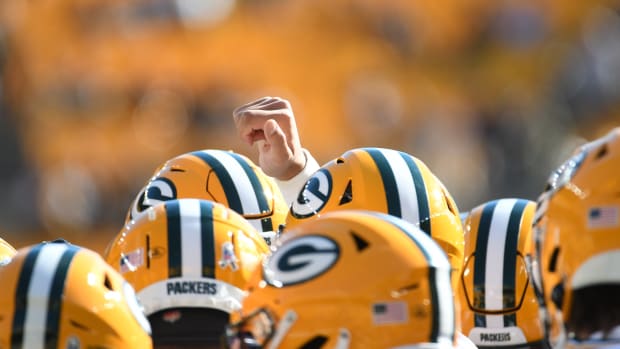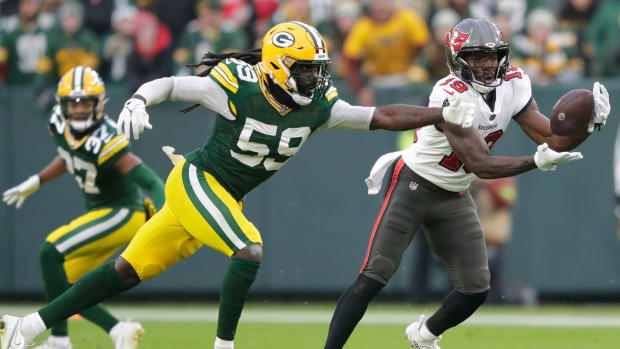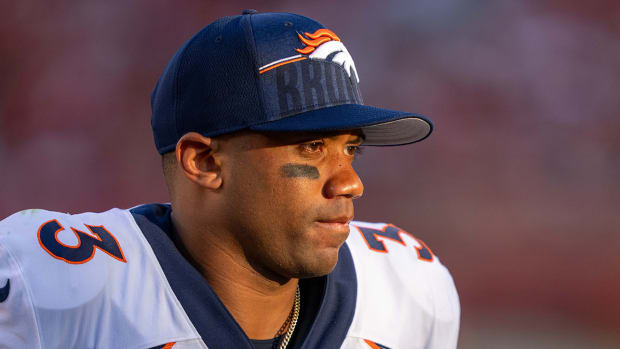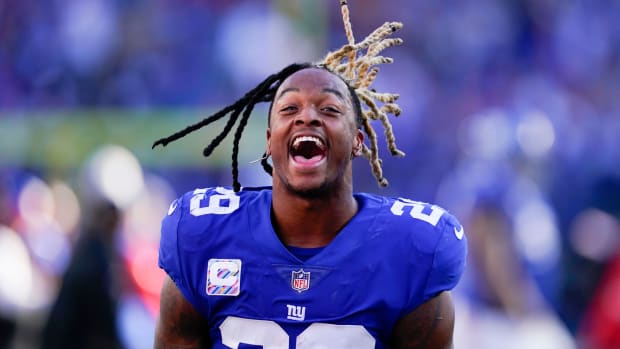Greatness of Packers QB Bart Starr Forgotten Amid Patrick Mahomes Hype
GREEN BAY, Wis. – Before there was Tom Brady and Patrick Mahomes, there was Bart Starr.
As was the case for Brady, who won seven Super Bowl titles, and Mahomes, who will be going for a third on Sunday against the 49ers, Starr was the ultimate winner with five NFL championships. However, in a ranking of the greatest quarterbacks to play in a Super Bowl by NFL.com’s Gregg Rosenthal, Starr somehow ranked only 13th.
There’s no arguing Brady’s presence as No. 1. To earn those seven Super Bowl rings, he led six-game winning drives and three fourth-quarter comebacks, including his incredible 28-3 rally against Atlanta in Super Bowl LI.
Starr was incredible in his own right, though, with a playoff legacy as good as anyone who’s played the game.
After losing his playoff debut, the 1960 NFL Championship at Philadelphia, Starr won each of his final nine playoff starts. Imagine that – a nine-game winning streak in playoff games. And that was long before there were wild-card rounds against inferior competition to fatten the ledger.
In 1961 and 1962, it was directly to the championship game, meaning a one-game, one-and-done, best-vs.-best battle for the NFL title. In 1966, it was one game for the NFL championship for the right to get to the first Super Bowl.
Starr’s greatness has been ignored through time because of the Hall of Fame-laden roster coached by the legendary Vince Lombardi. That’s too bad, because Starr was much more than just a caretaker. More than just the 1960s version of the other Super Bowl quarterback, Brock Purdy of the San Francisco 49ers.
In NFL history, 104 quarterbacks have thrown at least 120 passes in playoff games. Only Mahomes (106.3) can beat Starr’s passer rating of 104.8.
Those numbers are like comparing crocs to Crocs. Starr and Mahomes played in vastly different eras. When Starr played, defenses could manhandle receivers and hit quarterbacks with impunity. Not anymore. Now, a wayward glance of Mahomes could draw a roughing-the-passer flag.

In today's NFL, this would be called a penalty against Chiefs defensive star Buck Buchanan for hitting Bart Starr in the head. In Super Bowl I, this was called football. Tony Tomsic-USA TODAY NETWORK
The stats tell the story: In 1966, when Starr won his one and only NFL MVP, his passer rating was a then-record 105.0. The median passer rating in the league was 64.9. In 2023, with Purdy leading the way with a 113.0 rating, the median rating was Geno Smith’s 92.1.
Put another way, Starr’s passer rating in 1966 was 40.1 points better than NFL median. Purdy’s rating is 20.9 points better than the median. In 2022, when Mahomes won his second MVP, his 105.1 rating was 14.1 points better than the median.
Arguments can be made in either direction on Starr’s Super Bowl legacy vs. those of Brady, Johnny Unitas, Joe Montana, Peyton Manning, Dan Marino, Aaron Rodgers, Mahomes, Brett Favre, Steve Young, John Elway, Roger Staubach and Drew Brees. Those are the 12 quarterbacks ahead of Starr on Rosenthal’s list.
Unitas was a contemporary of Starr. His playoff passer rating of 68.9 ranks 72nd in NFL history. Elway went 2-3 in Super Bowls – the three losses were by a combined 96 points! – and 7-8 in his other playoffs appearances. He is 49th all-time in playoff passer rating.
In his 10 playoff games, Starr threw 15 touchdowns vs. three interceptions, unfathomable numbers considering Hall of Fame contemporaries Unitas and Len Dawson threw more interceptions than touchdowns. His touchdown-to-interception ratio is the fourth-best in playoff history behind Alex Smith (14 touchdowns, two interceptions), Mahomes (39 touchdowns, seven interceptions) and Josh Allen (21 touchdowns, four interceptions).
Again, remember the vastly different era in which Starr dominated. From the beginning of time to any quarterback who started his career before 1980, no quarterback had a playoff passer rating within 10 points of Starr. In fact, the only quarterback who started his career before 1990 who was within 10 points of Starr was Montana (95.6).
In the 1961 NFL Championship Game against the Giants, who boasted the best defense in the NFL, Starr threw three touchdown passes with a 130.9 rating in a 37-0 blowout.
In the 1966 NFL Championship Game at the Cowboys, Starr threw four touchdown passes to win a 34-27 shootout. His 143.5 passer rating stood as the best by a visiting quarterback in playoff history for almost six decades until it was beaten by Jordan Love at Dallas last month.
In the 1967 NFL Championship Game, Starr directed one of the greatest game-winning drives of all-time to beat the Cowboys in the Ice Bowl.
In two blowout victories in the Super Bowl, he was 29-of-47 passing for 452 yards with three touchdowns and one interception, good for a 106.0 rating.
In any all-time list, Starr’s only fault comes from playing before most writers were alive and (mostly) during the black-and-white era of television. He was super before there was a Super Bowl, he was Brady before Brady was born.

